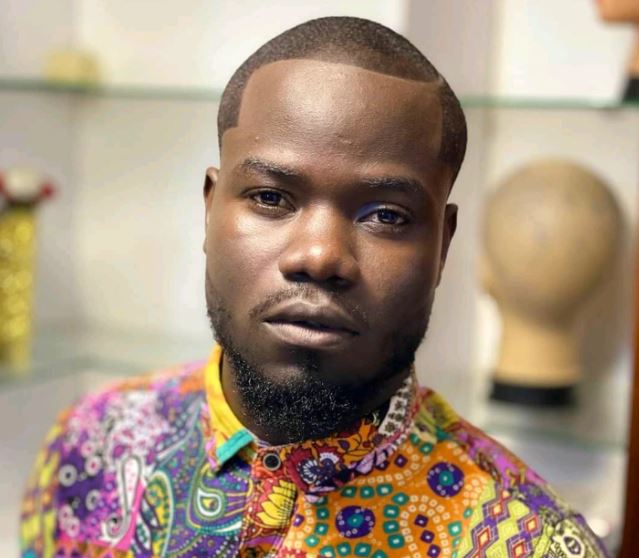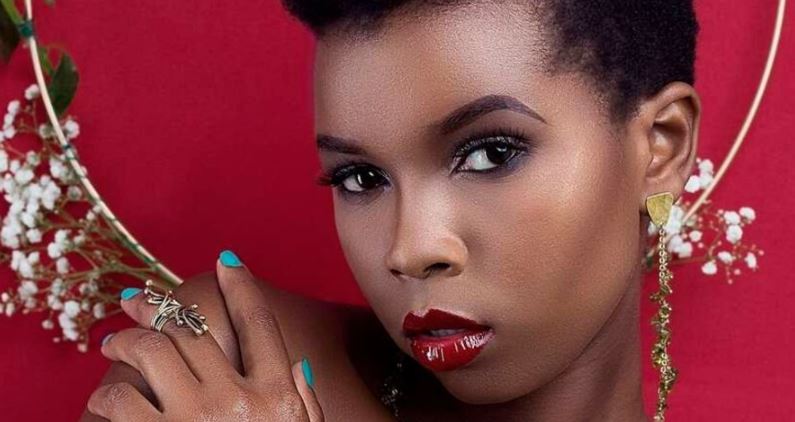Since the onset of social media, influencer marketing has grown exponentially to become a cutthroat sector. Due to the ever-growing competition, some brand influencers have had to resort to questionable gimmicks to stay ahead of the game.
Some have had to sacrifice their beliefs and principles just to sell a brand. While opinion on the subject remains a sticky debate, some 5 Kenyan influencers share their views and experiences.
Mulamwa (David Oyando ), 29
Nurse and social media influencer

So far, I have done influencer engagements for more than 50 products, selling different products from watches to cars to land. In the course of my job, I have been approached by brands that I was not willing to work with. There are clients I sensed were scammers, others were fraudulent land selling companies whose business is to con unsuspecting buyers.
The most interesting one was when I was approached by a witch doctor from Tanzania who wanted me to advertise his services online for a fee. He even sent me a poster with graphic content featuring bones, skeletons and other paraphernalia. That is when I knew I needed to establish boundaries.
I have also been approached by brands that are against religion, and some that promote harmful societal norms, and I have turned down their offers. You have to set personal boundaries as an influencer. I only work with products that are genuine.
I believe it is wrong to lie to your audience that you have used a brand while in real sense, you haven’t. Also, family members and private matters should be kept out of the job. Some influencers go to the extent of making their children act sick so that they can take them to hospitals they’re promoting, so they can take videos. For such assignments, you can just inform your audience of the services being offered in the facility without necessarily acting like you’ve been treated there. Don’t pretend to be sick!
Some even go to an extent of recording the women in their lives giving birth. I think this is the wrong way to earn money as an influencer. Additionally, influencers should not coerce members of their families to be part of their assignments. They should let them do it out of their free will.
To become a brand influencer, you should be a trustworthy person and have a huge following on social media platforms.
Brand influencing has several benefits, as one gets to use a variety of products and visit many interesting places. Some clients offer you products like cars, land and high-end electronic gadgets like phones so that you can have firsthand experience from using those products. This gives you confidence while selling the products to your audience. It is also a very well-paying venture.
Nthenya Mutwa, 24
Influencer

One thing I can never do is work with brands that objectify women or deride my belief in God.
When it comes to influencing for brands that handle health matters, consumable goods, pregnancy and children’s issues, I always conduct elaborate research before agreeing to work with them.
Apart from being consistent and very intentional with your content creation, as an influencer, you need to have solid principles and a large following on social media. You also need to grow thick skin and be strong enough to stand against cyber bullies. You also need to work on your communication skills so that your content doesn’t get misinterpreted.
As an influencer, you can get many offers, especially to try out new products for free. It also allows you to build networks as well as get fresh ideas on running different businesses.
Any business requires numbers to thrive, and I believe it is only a matter of time before all the big corporates include influencers in their marketing strategies.
Eve Jackson, 27
Influencer
I got my first influencing job in 2015. It was for a yoghurt making company. Since then I have influenced for a lot of companies including Betin, Swvl, Molo Milk, Safaricom Business and Britam.
When I work with a brand, I make sure that my values as an individual remain intact because while I’m selling a product, it is my image and my voice that is being used.
I was once approached by a transport company. Everything was OK until we started discussing payment. I realised they were very exploitative. The amount of work I was expected to deliver was too much compared to the amount they were willing to pay. I could not take up the offer. I wondered how they handle other clients.
I don’t just promote any product. It has to be of good quality, approved by the government and liked by consumers. I always do my research before taking any job.
Obidan Dela, 28
DJ, comedian, events mobiliser

I got the gig after being recommended by a colleague I had worked with at Laugh Industry. Since then, I have influenced for more than 30 brands and events. I once had to turn down a deal to promote an engagement from a club that wanted to promote a night of sex orgies. I felt it was immoral.
I have strict boundaries, and if a brand discriminates against people on the basis of age, religion or ethnicity, I don’t work with them. I can promote things like healthy living, but I can’t do a condom or family planning advert.
For you to succeed in brand influencing, especially on social media, you need to have a big following, unique identity, be consistent and always create relevance.
These days, most people spend more hours online than they do watching TV. In any case, most of the content on TV can be found online, which means that the future of online influencing is bright. Let’s embrace it.
Kevin Omwami, 29
Standup comedian and brand influencer

The engagement came as a welcome relief as all stage performances had been canceled due to the coronavirus pandemic. We, content creators, had to dive into the digital arena to sustain our brands and keep our audiences engaged and entertained.
I am currently a brand influencer for three companies namely Sneaker Place Kenya, Gigapp Technologies Kenya, and Salux Collections. In my job, I have my boundaries and I don’t compromise on either my brand or my clients’ reputation.
While the deal may be good, I always consider the amount of time I’m likely to spend creating content to promote the brand, and how much I stand to gain at the end of it. Some projects take longer to execute and one may end up incurring losses if they don’t plan properly. Topics such as religion and politics can be very sensitive, so I steer clear of such.
On matters health, I can only work with genuine and well-equipped health facilities. It is a sensitive field filled with quack institutions and individuals, so I always do my due diligence.
The language I use is also a key factor that I consider. If I am promoting products meant for the elderly, I use only official languages that they can easily understand, as opposed to slang which they may find offensive.
One of the strangest things I’ve seen people do in the name of influencing is clout chasing. Some influencers dramatise real-life scenarios in order to sell an ideology or a brand. Some even fake pregnancies.
While marketing food products, I have to understand the client’s manufacturing processes and find out whether they have been licensed by government agencies.
This job comes with its share of challenges which include meeting tight deadlines and big targets. Also, because of our large following, we are easy prey for online hackers. You can lose control of your account at any time, meaning that you will not be able to conduct your business until you recover it. We also experience cyberbullying. I sometimes receive hateful attacks from the public.









